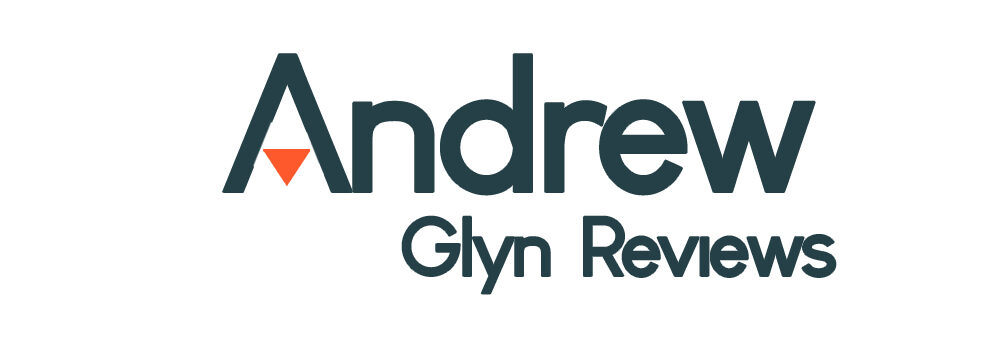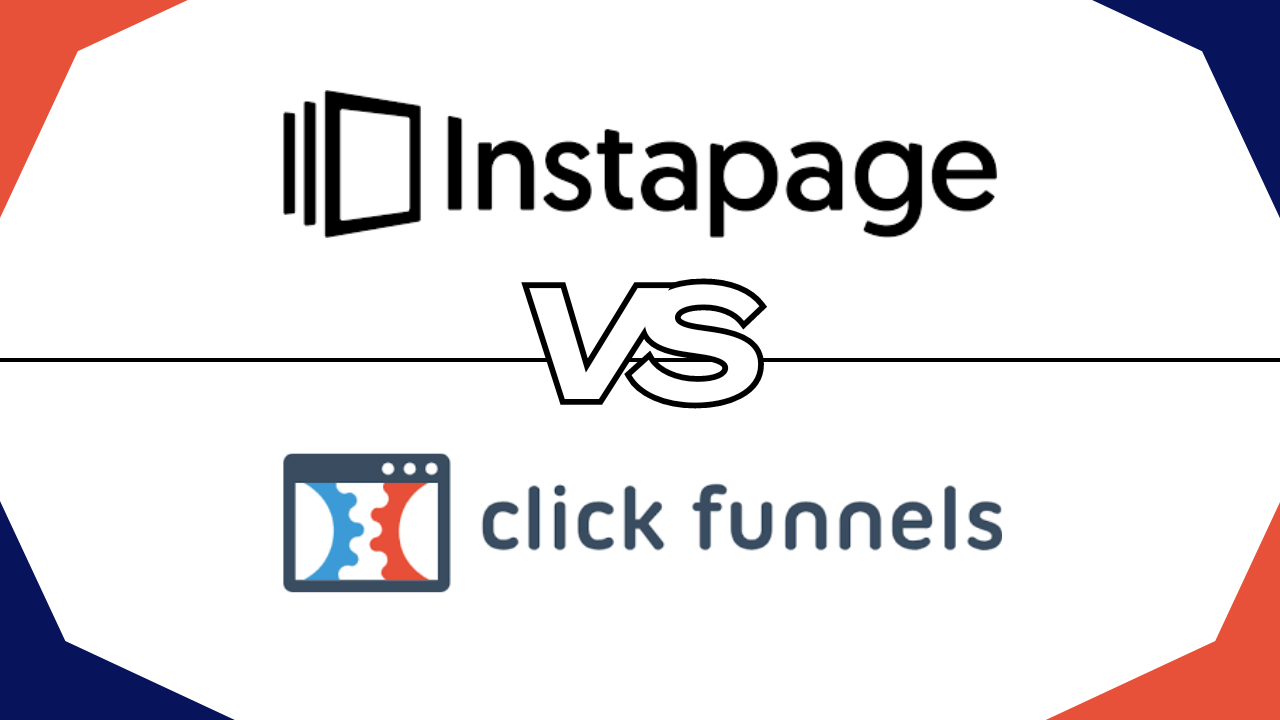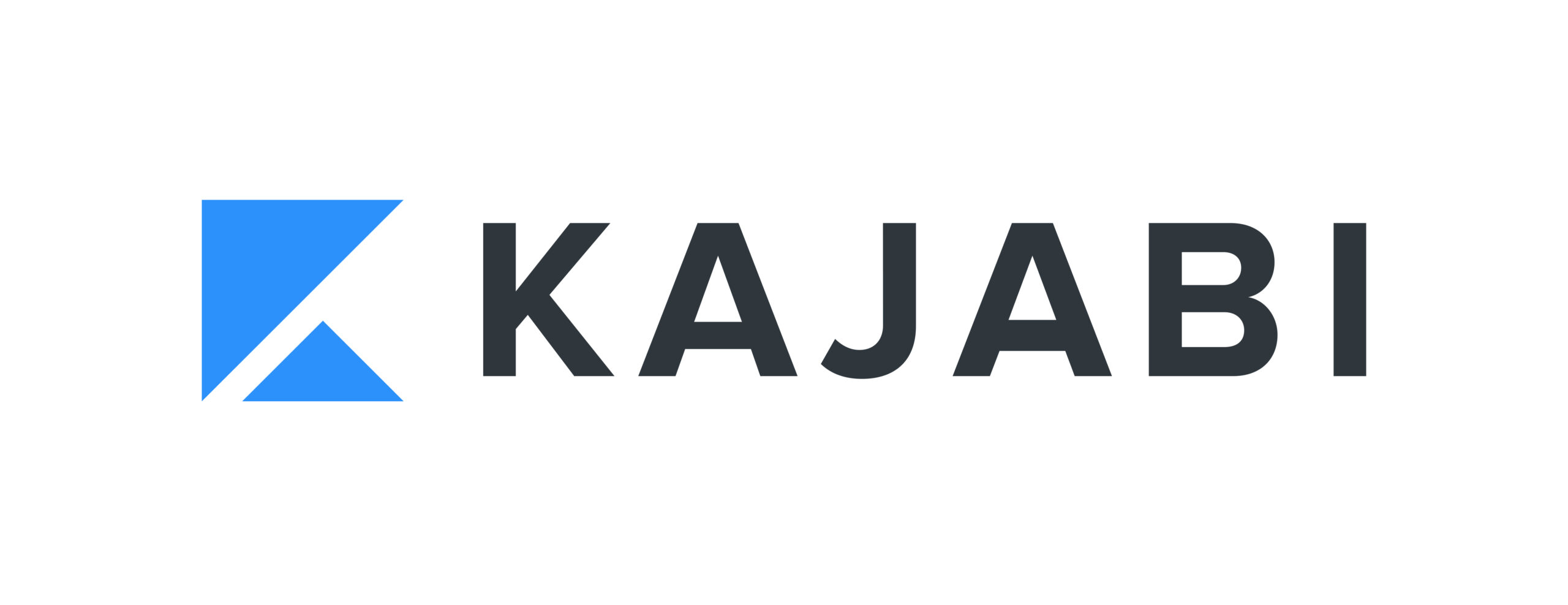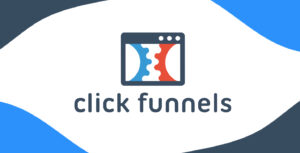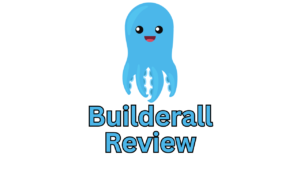
In this blog post, we dive into the “ClickFunnels vs Leadpages“ comparison, a crucial topic for anyone in the digital marketing sphere. Whether you’re a seasoned marketer, a small business owner, or a newcomer to the online world, grasping the differences between these two leading platforms is key to your digital strategy. We will explore various aspects of ClickFunnels and Leadpages, including their features, pricing, ease of use, and overall reliability. Our aim is to provide you with detailed insights, helping you make an informed decision that best suits your business objectives. Let’s explore these powerful tools and their impact on your online marketing efforts.
Table of Contents
Quick Comparison: ClickFunnels vs Leadpages

Photo by Brad Neathery
In the realm of digital marketing tools, ClickFunnels and Leadpages stand out, each tailored to different marketing needs. ClickFunnels, priced at approximately $147 per month for the basic plan and $197 per month for the pro plan, offers a comprehensive suite for building complex sales funnels, ideal for businesses focused on detailed marketing strategies and customer journey mapping.
Leadpages, with its more budget-friendly approach, offers plans starting at about $49 per month for the standard plan and going up to around $99 per month for the pro plan, making it a go-to solution for small businesses and entrepreneurs who need efficient, easy-to-create landing pages for quick lead generation. The choice between ClickFunnels and Leadpages should be based on your marketing objectives, the depth of the funnel strategy required, and the budget at your disposal, with each platform catering to distinct aspects of online marketing.
In-Depth Pricing Structure
When it comes to choosing the right online marketing tool, understanding the pricing models of ClickFunnels vs Leadpages is crucial. Both platforms offer different tiers and features, catering to various needs and budgets. In this section, we’ll break down their pricing structures to help you make an informed decision.
Clickfunnels Pricing
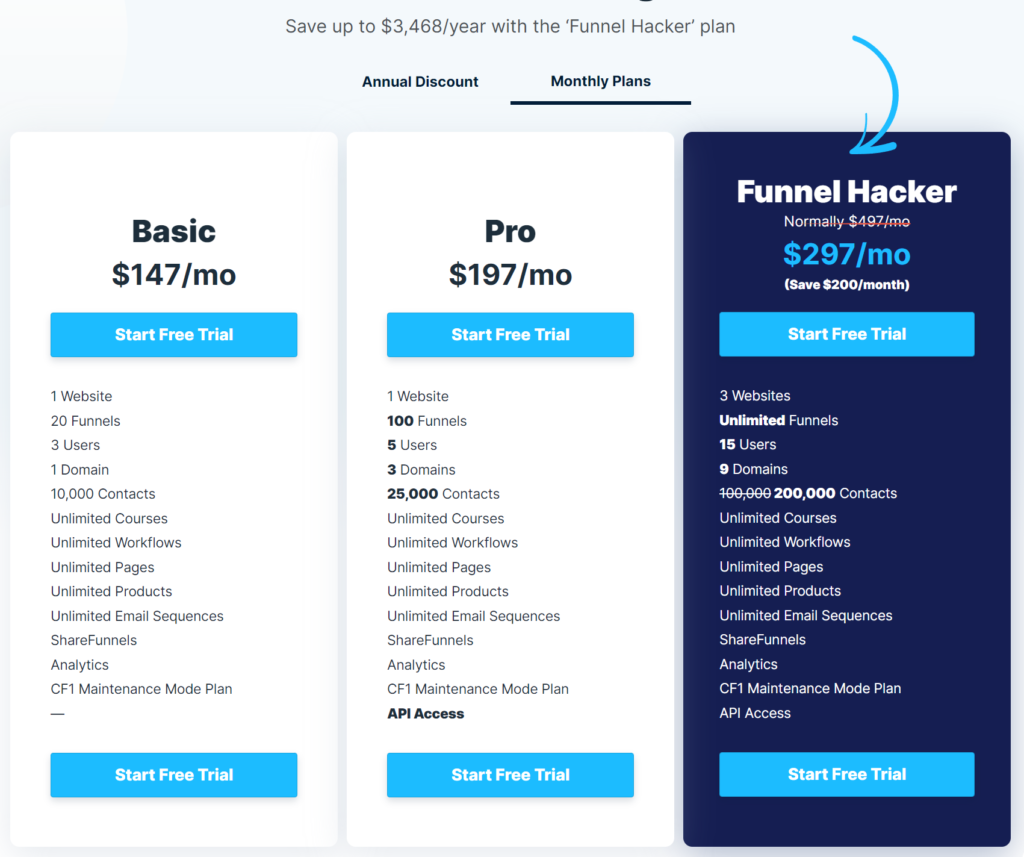
- In the comparison of Clickfunnels vs Leadpages, understanding Clickfunnels pricing is essential. Clickfunnels offers a few pricing tiers designed to suit different business needs. The basic plan, often suitable for new entrepreneurs, starts at $147 per month, providing access to essential funnel-building tools. For more advanced features, including unlimited funnels and pages, their Funnel Hacker plan is priced at $297 per month. For larger enterprises or those needing more comprehensive solutions, Clickfunnels offers a TwoCommaClubX plan at $2,497 per month, which includes extensive training and support. Each tier is tailored to scale with your business growth, offering a range of tools and resources.
Leadpages Pricing
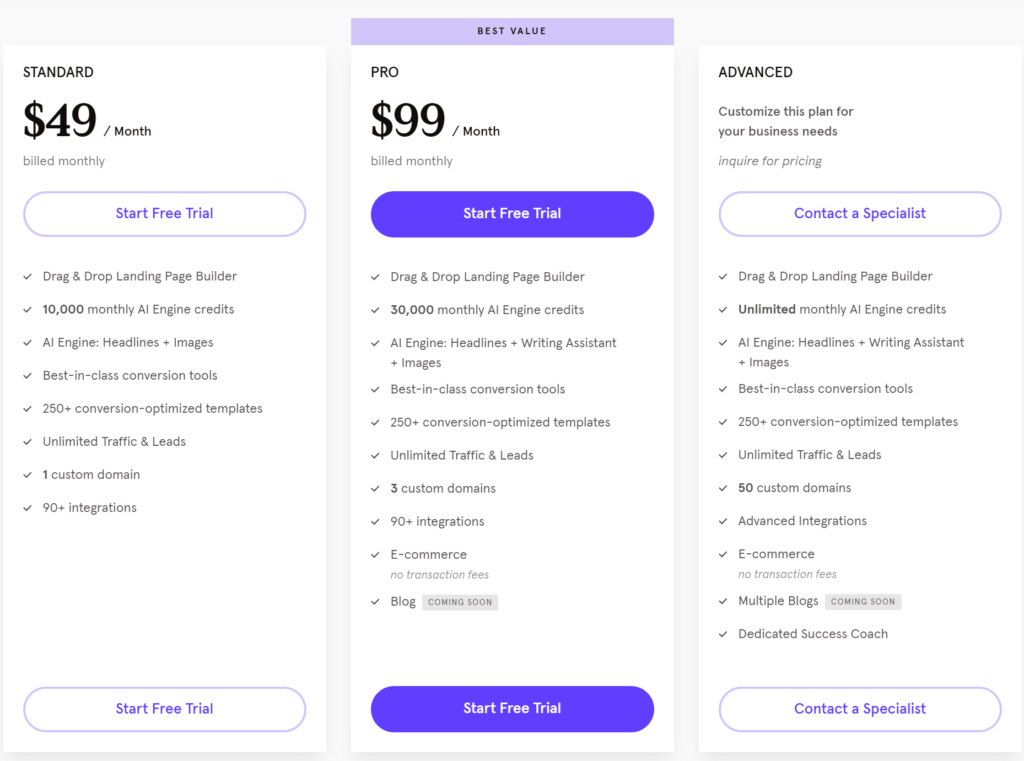
- Standard Plan: Priced at $49 per month, this plan is ideal for small businesses and solo entrepreneurs. It allows you to build unlimited landing pages and offers essential features like free hosting and mobile-responsive templates. Pro Plan: At $99 per month, the Pro Plan is suitable for growing businesses. It includes all Standard features plus additional ones like online sales and payments, A/B testing, and email trigger links. Advanced Plan: For larger businesses or agencies, provides comprehensive solutions like advanced integrations, sub-accounts, and priority tech support.
Ease of Use: Which One Is Easier To Use?

Photo by Campaign Creators
When comparing ClickFunnels vs Leadpages, a key factor to consider is the ease of use, particularly vital for businesses and individuals without deep technical expertise but who aim to craft effective online marketing campaigns. ClickFunnels offers a comprehensive, yet intuitive, platform with drag-and-drop functionality, simplifying complex sales funnel creation. Its user-friendly interface allows for quick learning and efficient campaign setup. Leadpages, known for its straightforward design, excels in enabling users to quickly create and publish high-converting landing pages with minimal fuss. Both platforms strive to make advanced marketing tools accessible, ensuring that even those with limited technical background can successfully launch and manage online marketing initiatives.
Clickfunnels Ease of use
Renowned for its user-friendly interface, Clickfunnels stands out in its simplicity and intuitiveness. The platform is designed with a drag-and-drop editor, making the creation of sales funnels and landing pages straightforward. Users can easily select elements, add them to pages, and customize without needing extensive technical knowledge. This simplicity is a significant advantage for entrepreneurs and marketers who want to quickly set up effective sales funnels without a steep learning curve.
Leadpages Ease of use
Leadpages stands out for its exceptional ease of use, particularly beneficial for entrepreneurs and marketers focusing on creating high-converting landing pages without deep technical know-how. The platform’s intuitive drag-and-drop editor makes it simple to design and customize pages, even for beginners. Users can choose from a wide range of professionally designed, customizable templates suitable for various industries, ensuring a quick start. Additionally, Leadpages streamlines the addition of widgets like opt-in forms and countdown timers, enhancing functionality with minimal effort. This user-friendly approach makes Leadpages a go-to solution for businesses seeking efficiency and simplicity in their digital marketing tools.
In the debate of ClickFunnels vs Leadpages regarding ease of use, both platforms excel in their respective areas. ClickFunnels offers a more comprehensive solution for building entire sales funnels with minimal hassle, while Leadpages shines in creating and deploying landing pages efficiently and effortlessly.
Features: Which Has Better Features?

Photo by Muza
When deciding between ClickFunnels and Leadpages, it’s important to grasp the unique features each platform brings to the table, as they cater to varying needs in the digital marketing arena. ClickFunnels is renowned for its comprehensive sales funnel creation capabilities, offering an all-in-one marketing solution that includes email integrations, webinar setups, and affiliate program management, ideal for businesses seeking an extensive marketing toolkit. Leadpages, conversely, specializes in landing page creation, providing a user-friendly platform with a plethora of templates and simple integrations, making it perfect for those focused on lead generation and conversion optimization. Your choice should hinge on which platform’s specific features align best with your marketing objectives and strategies.
Clickfunnels Features
Drag-and-Drop Funnel Builder: Allows easy creation of custom sales funnels.
A/B Testing: Facilitates testing different funnel stages for optimization.
Landing Page Creation: Offers a variety of templates for quick, effective page design.
Analytics and Reporting: Detailed insights into funnel performance, sales, and customer behavior
Customizable Funnel Templates: A variety of pre-built funnel templates tailored for different marketing goals.
Leadpages Features
Landing Page Builder: Intuitive tool for creating and customizing landing pages.
High-Converting Templates: A wide selection of templates optimized for conversion.
Lead Capture Tools: Tools like pop-ups and alert bars to capture leads.
A/B Testing: Functionality to test different versions of landing pages.
Integrations: Wide range of integrations with other marketing tools.
Analytics: Insights into page performance and visitor behavior.
Pros & Cons: ClickFunnels vs Leadpages
When comparing ClickFunnels vs Leadpages, assessing their pros and cons is crucial to identify which platform aligns best with your business objectives. ClickFunnels offers a comprehensive suite for building complex sales funnels, integrated marketing tools, and high customization capabilities, making it ideal for extensive marketing campaigns. However, it comes with a higher cost and a steeper learning curve. Leadpages, on the other hand, excels in creating and deploying landing pages quickly and efficiently, with an intuitive interface and budget-friendly pricing, but lacks the broader funnel-building features and advanced integrations of ClickFunnels. Understanding these trade-offs helps in making an informed decision tailored to your specific marketing needs and resources.
Clickfunnels Pros
User-Friendly Interface: Clickfunnels offers a straightforward drag-and-drop editor, making funnel creation easy for users of all skill levels.
Focused Funnel Building: Specializes in creating high-converting sales funnels, ideal for businesses centered on direct sales.
Integrated Marketing Tools: Combines funnel building with basic email marketing and affiliate management features.
A/B Testing Capabilities: Facilitates testing different elements of sales funnels for optimization.
Clickfunnels Cons
Higher Price Point: Generally more expensive, especially for advanced features.
Limited Email Marketing Features: While it includes email functionalities, it’s not as comprehensive as dedicated email marketing tools.
Leadpages Pros
User-Friendly: Known for its ease of use, especially in creating and deploying landing pages.
Optimized Templates: Offers a variety of high-converting templates.
Affordability: More budget-friendly, especially suitable for small businesses.
Focused Toolset: Provides specific tools for landing page optimization and lead capture
Leadpages Pros
Limited Scope: Primarily focused on landing pages, lacking broader funnel-building features.
Basic Analytics: The analytics are helpful but not as comprehensive as ClickFunnels.
Alternatives
While ClickFunnels and Leadpages dominate the digital marketing landscape, numerous other platforms present themselves as viable alternatives, each with unique features that may resonate more closely with your specific business requirements or financial limitations, These alternatives, with their distinct functionalities and pricing structures, offer the flexibility to choose a solution that fits your particular business model and marketing strategy.
Kajabi is a comprehensive platform designed for online course creators and educators. It integrates tools for course creation, marketing, and sales into one seamless experience. With features for website building, email marketing, and analytics, Kajabi simplifies the process of launching and managing online courses, making it a favorite among e-learning professionals.
To learn more about Kajabi, we recommend that you read this Thinkific vs Kajabi
Instapage stands out in the digital marketing space with its focus on creating and optimizing high-converting landing pages. It offers advanced features such as detailed A/B testing, intuitive heatmaps, and a unique AdMap tool, making it a top choice for marketers seeking to enhance ad campaign effectiveness and increase conversions.
Unbounce excels in creating optimized landing pages, offering an intuitive drag-and-drop builder and robust A/B testing. It’s ideal for marketers seeking to enhance online conversions. With seamless integrations and insightful analytics, Unbounce is a key tool for businesses focused on improving their digital marketing effectiveness and boosting conversion rates.
Choosing an Alternative to Leadpages and Clickfunnels
Each of these alternatives to ClickFunnels and Leadpages has its unique strengths. Your choice should depend on factors like your specific marketing goals, the level of complexity you’re comfortable with, and your budget. Unbounce and Instapage are excellent for specialized landing page creation, while Kartra and Builderall offer broader all-in-one marketing solutions. Thrive Architect is ideal for those heavily invested in WordPress.
Security and Reliability

Photo by Privecstasy
When evaluating ClickFunnels vs Leadpages, it’s essential to consider how each platform addresses security and reliability, key concerns for businesses prioritizing data protection and service consistency. ClickFunnels offers robust security measures including SSL certification, regular data backups, and compliance with standard regulations, ensuring a secure and reliable environment for creating sales funnels. Similarly, Leadpages prioritizes user data safety with SSL encryption, stable hosting for consistent page performance, and adherence to privacy laws like GDPR. Both platforms strive to maintain high uptime, crucial for businesses dependent on uninterrupted online presence.
Clickfunnels Security
SSL Certification: Ensures that all pages created are HTTPS, providing a secure connection.
Regular Security Audits: Conducted to identify and rectify potential vulnerabilities.
Data Encryption: Sensitive data is encrypted, protecting it during transmission and storage.
Compliance with Regulations: Adheres to standards like GDPR, ensuring user data is handled responsibly.
Leadpages Security
SSL Encryption: All landing pages are SSL-encrypted, enhancing the security of user data.
Stable Hosting: Offers reliable hosting, ensuring landing pages are always live and load quickly.
Data Protection: Complies with GDPR and other privacy regulations to protect user information.
Consistent Performance: Known for its consistent performance and minimal downtime.
ClickFunnels vs Leadpages: Security and Reliability Comparison
Both ClickFunnels and Leadpages provide a high level of security and reliability, though their specific approaches and features may differ. ClickFunnels offers comprehensive security features along with reliable uptime, making it a trustworthy choice for businesses building complex sales funnels. Leadpages focuses on secure, fast-loading landing pages, ensuring data protection and consistent online presence.
Conclusion: Who is the Winner
Determining a clear winner in the ClickFunnels vs Leadpages comparison isn’t straightforward as it largely depends on your specific business needs, goals, and preferences. Both platforms have distinct strengths, making them suitable for different types of users and purposes.
ClickFunnels excels as an all-encompassing solution for building and managing sales funnels. It is tailored for businesses and marketers who want a comprehensive tool that not only creates engaging funnels but also integrates with email marketing, automates follow-ups, and tracks the entire sales process. Its ability to handle complex funnel sequences, affiliate program management, and detailed analytics makes it a powerhouse for users looking to dive deep into funnel marketing. However, this comes with a higher price tag and a steeper learning curve, which might be daunting for beginners or small businesses with limited budgets.
On the other hand, Leadpages shines in its simplicity and effectiveness in creating high-converting landing pages. It’s a go-to platform for those who need to quickly deploy landing pages without getting into the complexities of full-fledged sales funnels. The user-friendly interface, affordability, and focused set of features make it ideal for small businesses, bloggers, or solopreneurs who are primarily interested in lead generation and conversion optimization on individual pages.
In essence, if your primary objective is to build and optimize a variety of sales funnels with a more holistic approach to online marketing, ClickFunnels is likely the better choice. Conversely, if you are focused on creating landing pages and prefer a more straightforward, cost-effective tool, Leadpages would be more suitable.
Ultimately, the “winner” between Leadpages vs ClickFunnels depends on your specific needs. Assessing your marketing strategies, budget constraints, and the level of complexity you’re comfortable with will guide you to the right choice. Both platforms offer impressive capabilities in their domains, and the final decision hinges on which one aligns best with your business goals
What is clickfunnels?
To learn more about Clickfunnels, we recommend that you read this Clickfunnels Review

Photo by Towfiqu barbhuiya
